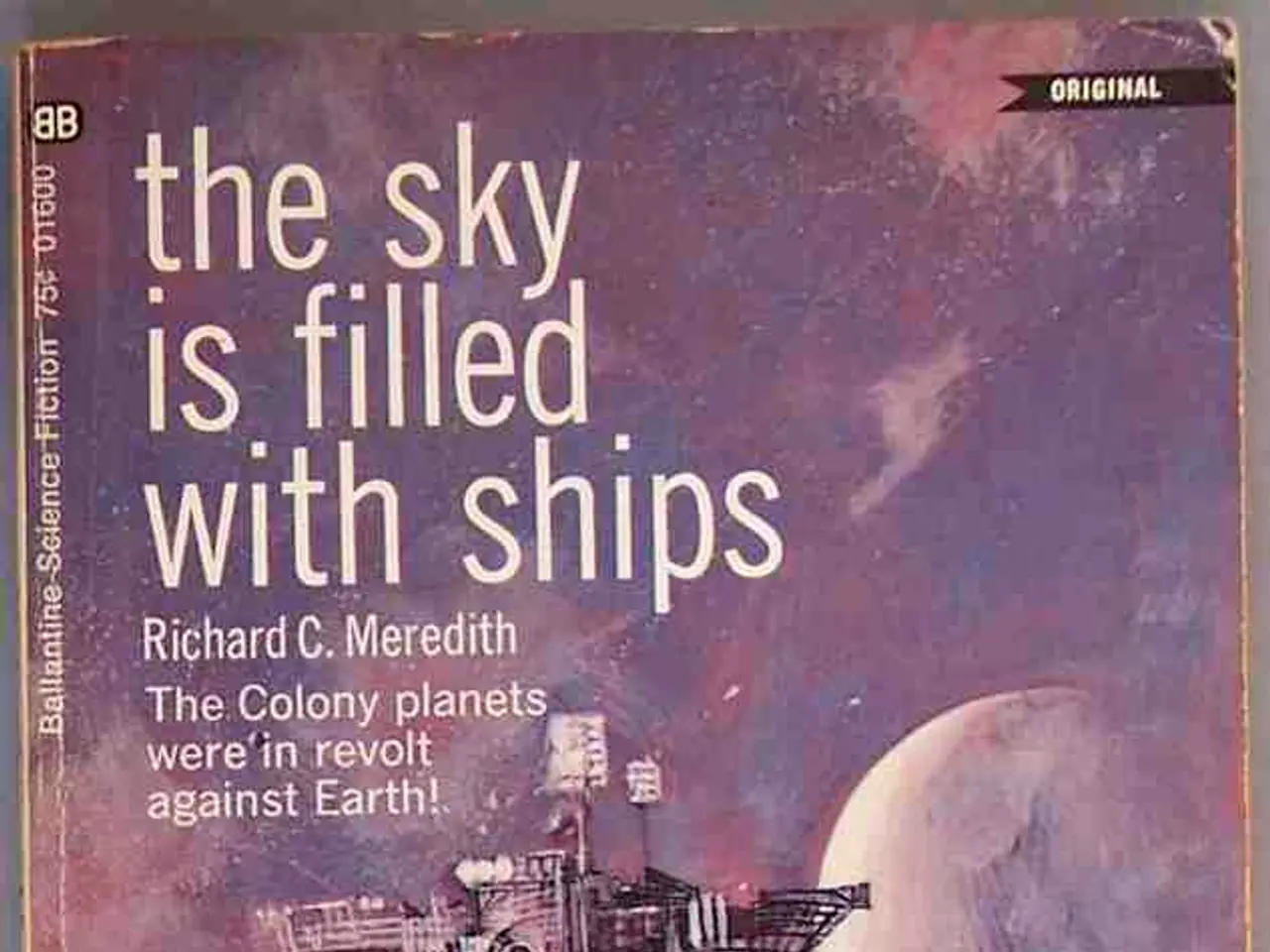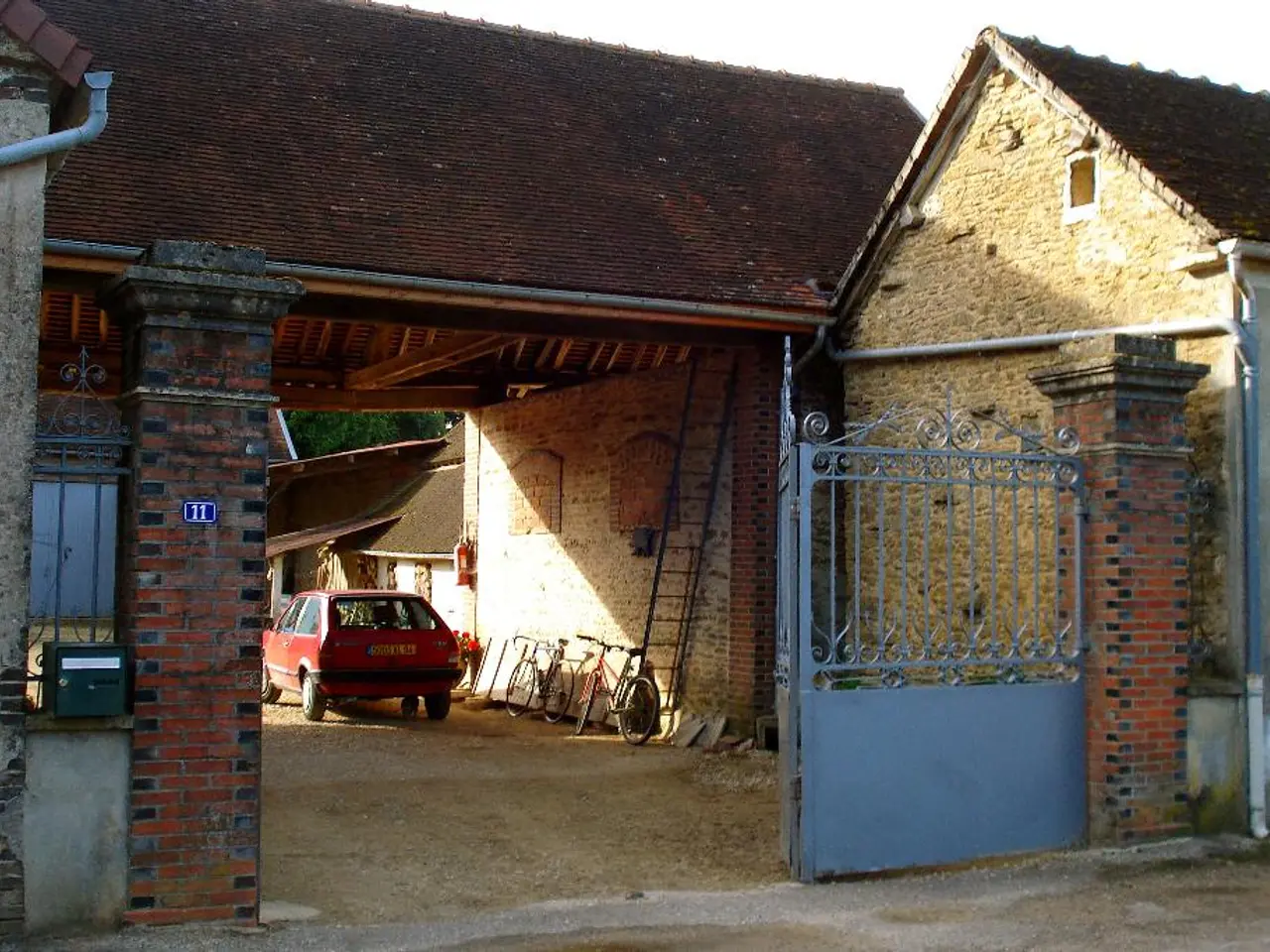Gather at the Island of Knowledge with us
===================================================================================
Nestled on a picturesque Tuscan hillside, within the walls of a 16th-century church, lies an intellectual retreat center like no other. Known as "The Island of Knowledge," this think tank was founded by theoretical physicist Marcelo Gleiser and psychotherapist Kari Gleiser.
The Island of Knowledge is a unique space where astrobiologists, plant scientists, indigenous activists, neuroscientists, theoretical physicists, and philosophers gather to wrestle with cross-disciplinary topics. These discussions range from astrobiology and plant science to indigenous activism, neuroscience, theoretical physics, and philosophy.
At the heart of these discussions is a fresh planet-centered theory of life. The center serves as an experiment in crafting a new, cross-disciplinary narrative of planetary intelligence and life on Earth. The aim is to advance a comprehensive understanding of life not just as biological phenomena but as a process tied to increasing informational order and planetary-scale intelligence.
One of the key discussions revolves around the paradox of life occurring in an universe governed by entropy (disorder), contrasted with the observed increase in biological order and creativity. This paradox suggests a "second arrow of time" linked to the accumulation of functional information, a concept introduced by Nobel laureate Jack Szostak.
Another intriguing topic is the biological and informational continuity between generations. The notion that cells of one’s children are literally present in the body implies deep interconnectedness and lessons on life and survival.
The broader planetary intelligence themes encompass the integration of human, ecological, and technological systems within Earth's biosphere and technosphere. This emphasis on holistic understanding and governance is crucial for ensuring resilient coexistence and planetary security.
The implications of these discoveries are far-reaching. For example, exciting discoveries in various disciplines have called the old human-centered model of intelligence into question. If bacteria show signs of intelligence, the implications extend to the planet itself. The conversations at The Island of Knowledge delve into these implications, learning from the distributive intelligence of slime molds, the decision-making abilities of plants, and the complex interconnections of ecosystems.
As the climate crisis unfolds, the participants at The Island of Knowledge are acutely aware of the stakes. The goal is to address the challenge of planetary security by integrating insights on life, intelligence, and human technological impact, guiding sustainable coexistence within Earth’s biophysical limits.
The conversations at The Island of Knowledge are ongoing, with future gatherings planned. The center's discussions are inspiring new frameworks for thinking about planetary intelligence and human responsibility, situated in ongoing scientific and philosophical inquiries into life’s origins, evolution, and future.
[1] Gleiser, M. C. G. (2020). The Island of Knowledge: The Limits of Science and the Search for Meaning. Basic Books.
[2] Gleiser, M. C. G. (2021). Deep Time: The Cosmos and Us. Basic Books.
[3] Gleiser, M. C. G., & Dupré, J. (2021). Planetary Intelligence: The Meaning of Artificial Life and the Future of Thinking Machines. Basic Books.
- The discussions at The Island of Knowledge delve into the implications of advancements in environmental science, particularly related to the impact of climate change on our planetary intelligence and the need for sustainable living in home-and-garden urban planning.
- In the realm of education-and-self-development, The Island of Knowledge explores the potential role of artificial intelligence in addressing complex cross-disciplinary topics such as life's origins, evolution, and future, and its ethical implications for personal growth.
- The integration of human, ecological, and technological systems within Earth's biosphere and technosphere, as a key theme at The Island of Knowledge, underscores the importance of technology in fostering a more informed and responsible lifestyle.
- As the Island of Knowledge is dedicated to fresh perspectives in science, particular attention is paid to the connections between biological and informational continuity across generations, shaping philosophical and lifestyle considerations for personal growth.
- The Island of Knowledge, a hub for discussions on planetary intelligence, bridges the gap between various scientific disciplines like climate-change research, environmental-science, and theoretical physics, emphasizing the need for a comprehensive, holistic approach to our ecological future.




